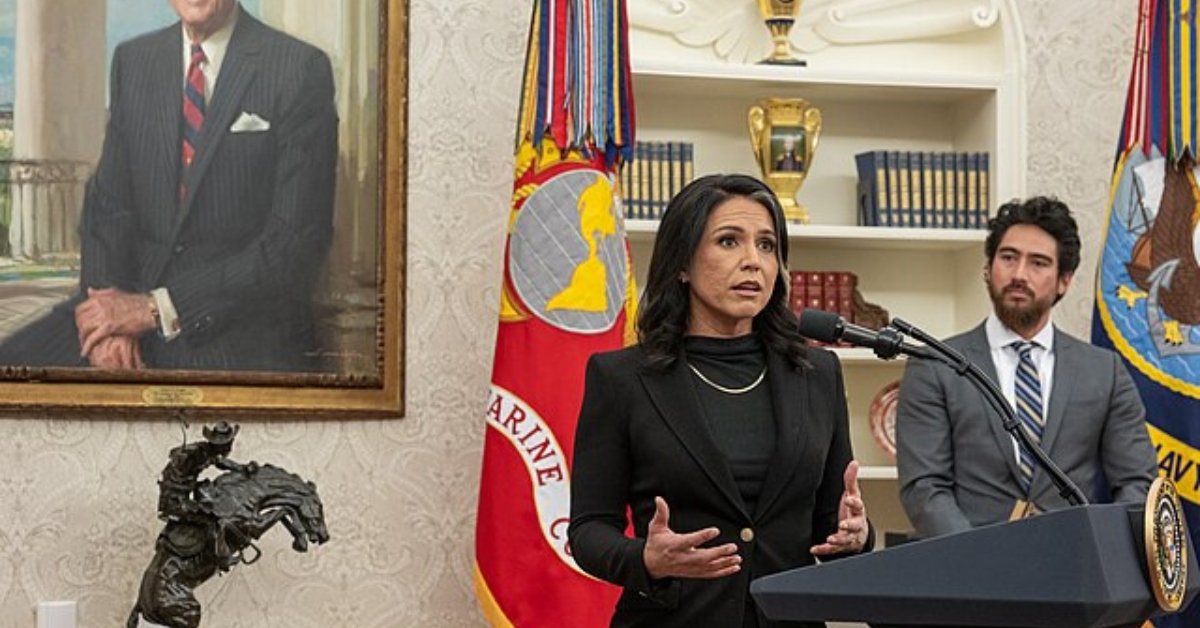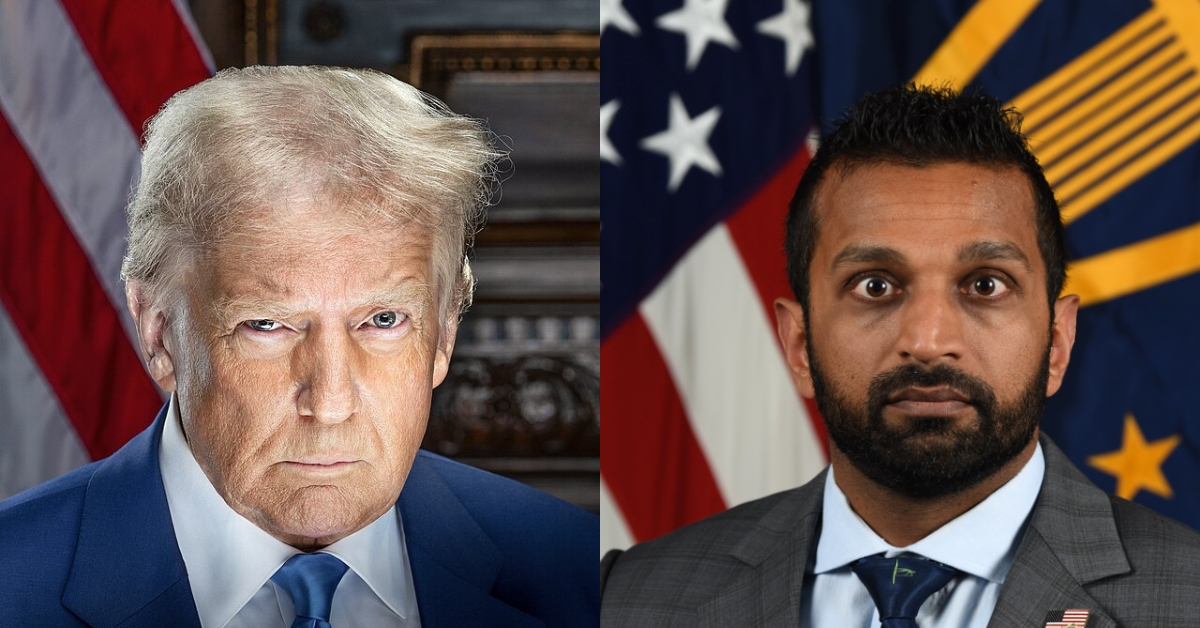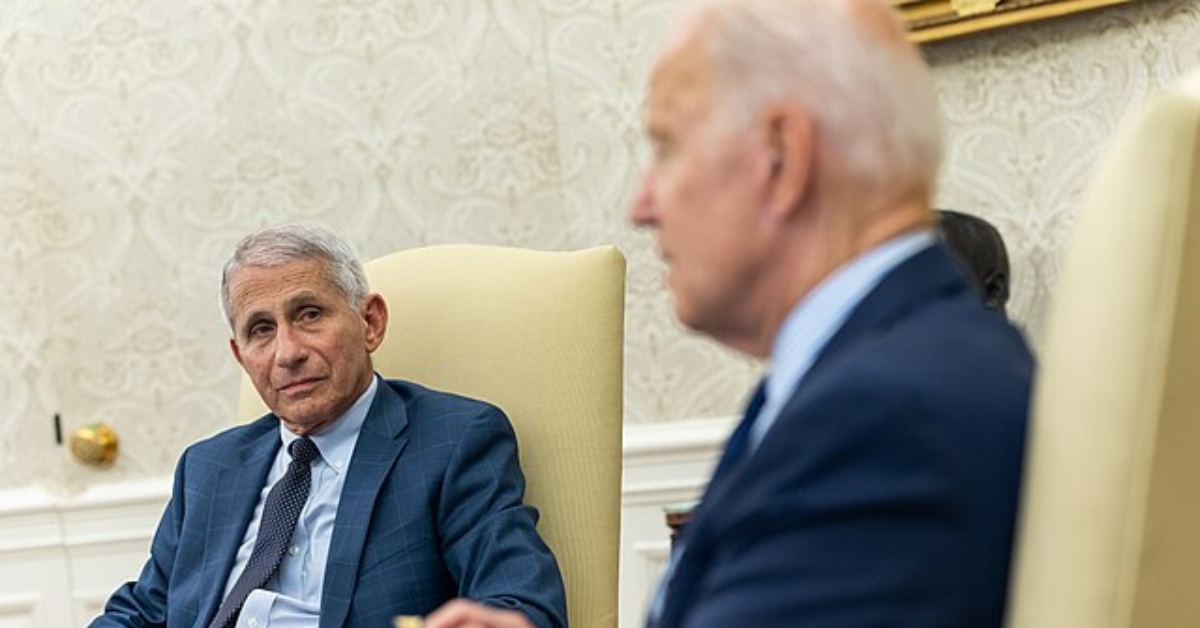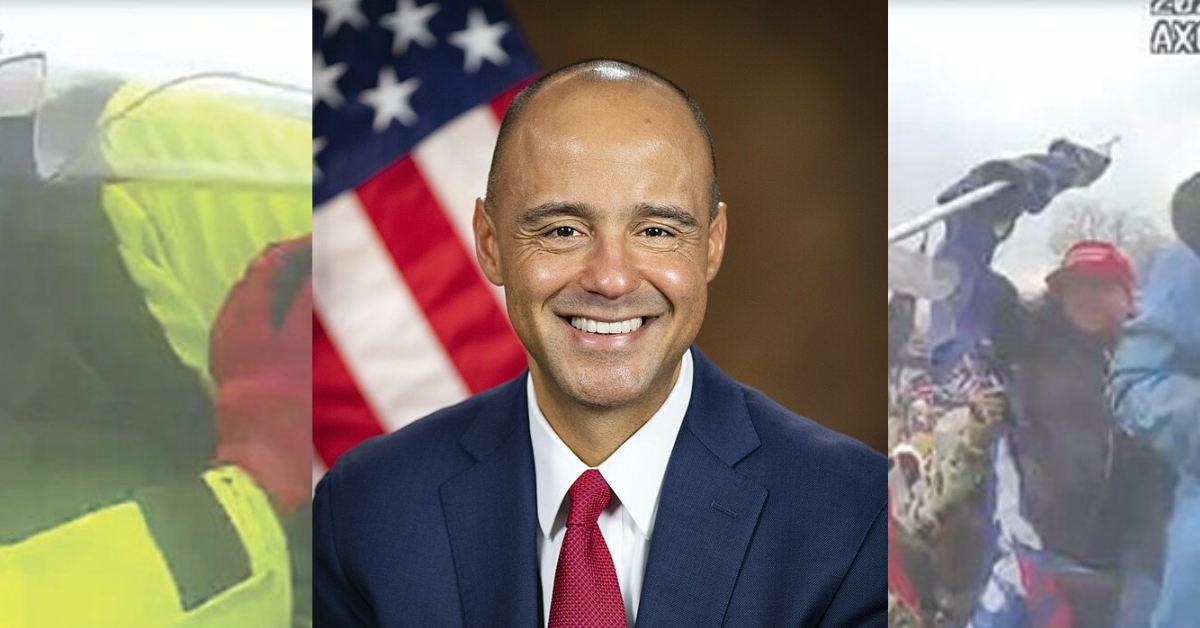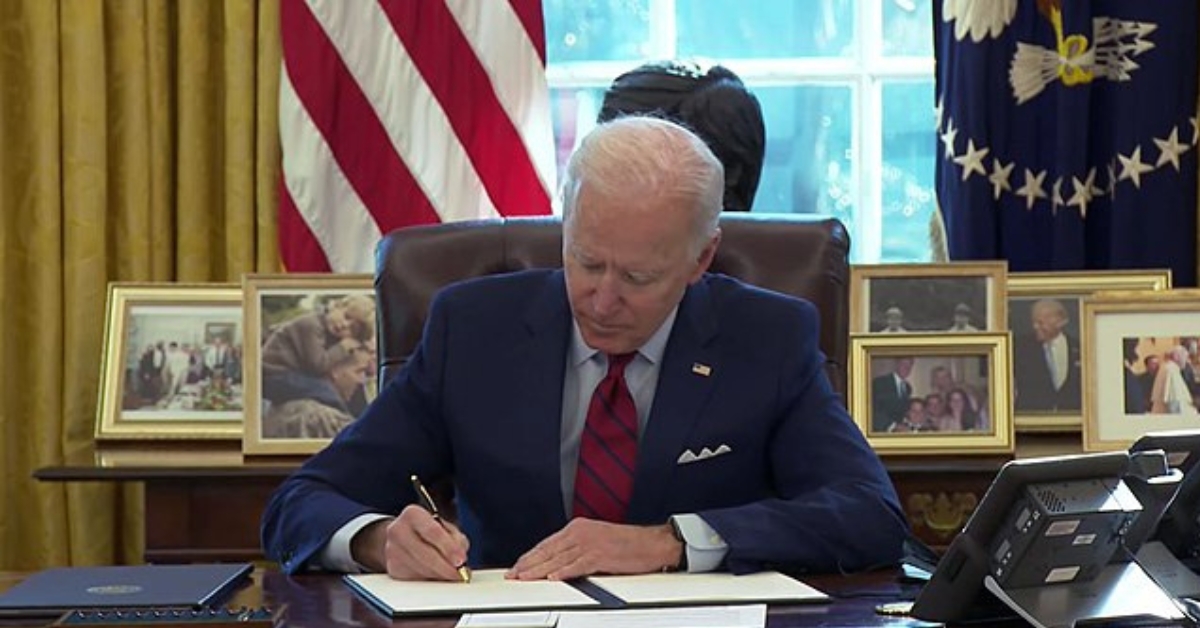
Arkansas Democrat Violates Election Law, Cries Voter Suppression
In Arkansas, the war on election integrity continues to heat up, with former state senator and Democrat activist Joyce Elliott crying “voter suppression” as her left-leaning voter registration initiative, Get Loud Arkansas!, collides headlong with state election law. This scenario isn’t just another chapter in the politicization of voter access; it’s a disturbing testament to how the left exploits this crucial democratic process for ideological gains.
Elliott has now turned to GoFundMe, seeking $50,000 to combat what she claims are “restrictive” voter registration rules in Arkansas that supposedly disenfranchise thousands. Yet, these claims of disenfranchisement seem to mask a simpler truth: Elliott’s group attempted to circumvent established state laws through a dubious digital platform that purportedly complied with legal standards, yet fell short.
This debacle begins with the state’s decision to enforce its constitutional stipulations regarding voter registration, specifically rejecting electronic signatures that do not originate from recognized state entities like the Department of Finance or public assistance agencies. This restriction ensures the integrity of voter registration, but to Elliott and her organization, it’s a barrier unjustly targeting minorities, rural residents, and the youth.
The irony is palpable here. While Elliott’s group purports to champion voter rights, their method could, in reality, invalidate the very registrations they seek to secure, potentially leaving voters in a worse predicament. It’s a classic case of overreach under the guise of advocacy, where the drive to increase voter turnout skews into risky legal waters, jeopardizing the legitimacy of our elections, something the left claim to protect, but in reality, don’t.
Unfortunately, this incident is part of a larger, disturbing trend on the political left. From manipulating public sentiment through misleading campaigns to outright defiance of election laws, the tactics are becoming increasingly aggressive. The insistence on labeling straightforward legal compliance as suppression echoes a broader strategy to erode public trust in our electoral systems.
In the grand scheme of things, this situation in Arkansas is a tiny example of a nationwide issue where election integrity is under siege—not from the supposed suppressors but from those who, under the banner of expanding access, willingly bend or break the rules for political gain. This isn’t just about Arkansas or Joyce Elliott; it’s about ensuring that the cornerstone of our democracy—our elections—remains secure, transparent, and fair for all Americans. It’s high time we viewed these skirmishes over electoral law for what they are: a crucial battleground where the integrity of our democratic processes hangs in the balance.
